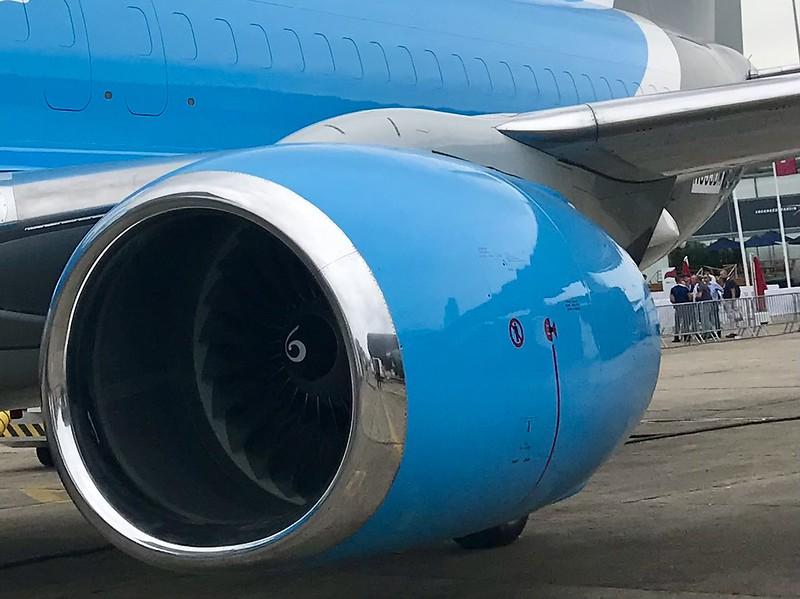
Credit: Sean Broderick / AWST
WASHINGTON—A coalition working to develop best practices for preventing unapproved parts from flying has moved into the recommendation-development phase and is on track to meet its self-imposed timeline of delivering a final report this year. “We haven’t yet settled on specific actions, but we have...
Subscription Required
Parts Integrity Coalition Enters Final Phase is published in Aviation Daily, an Aviation Week Intelligence Network (AWIN) Market Briefing and is included with your AWIN membership.
Already a member of AWIN or subscribe to Aviation Daily through your company? Login with your existing email and password
Not a member? Learn how to access the market intelligence and data you need to stay abreast of what's happening in the air transport community.





